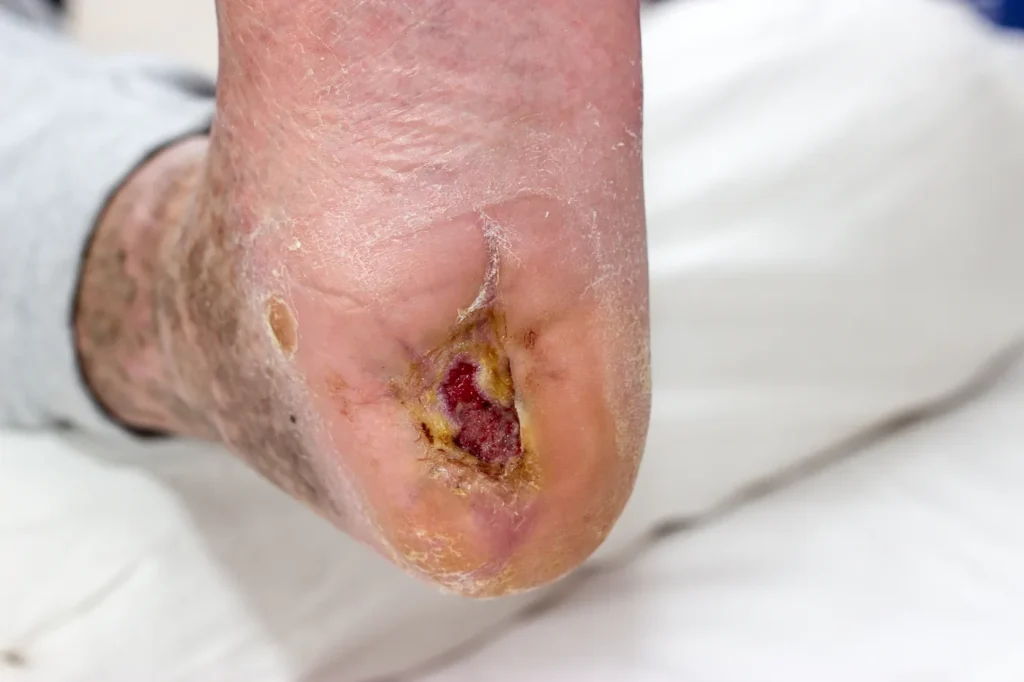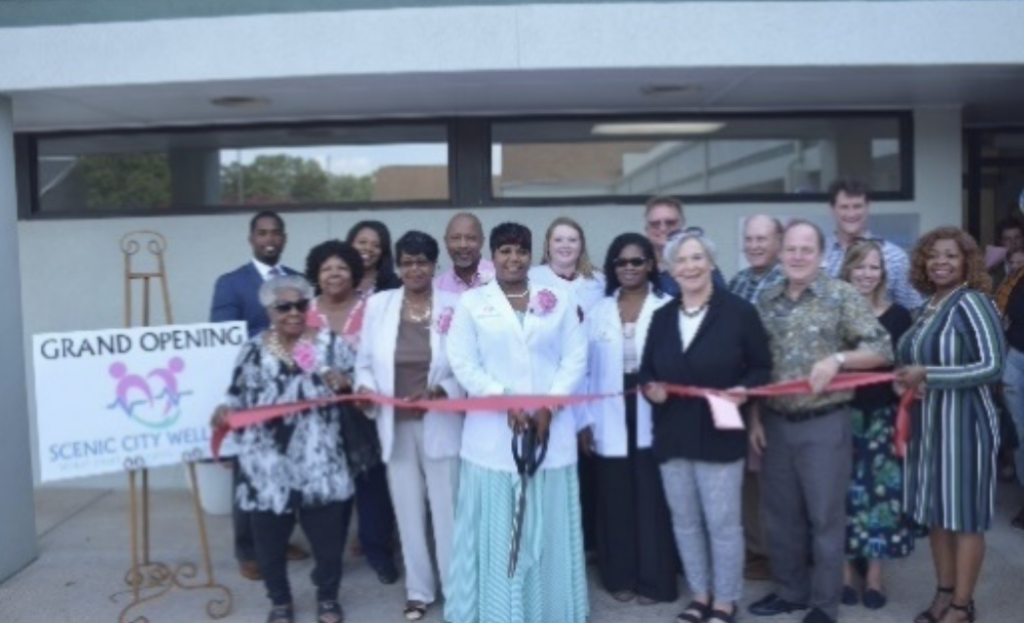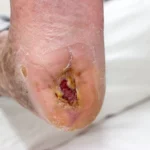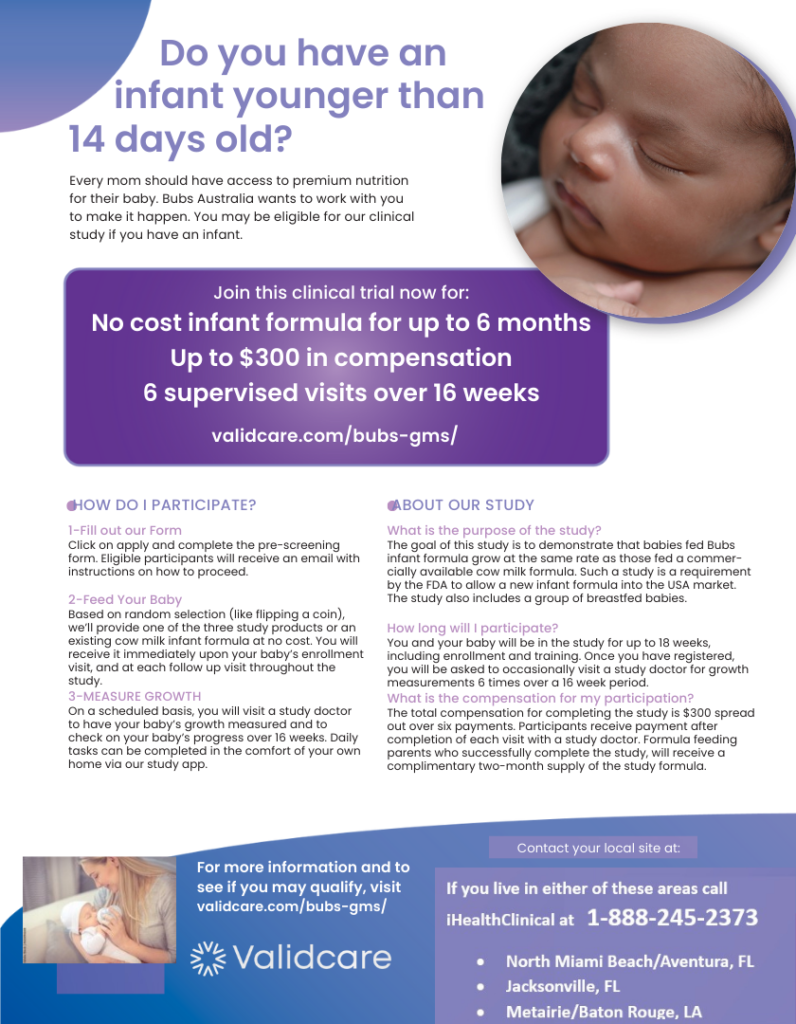The Transformative Role of AI in Clinical Trials
Mar 22, 2025Navigating Greek Life in College with Type 1
Jan 15, 2025The Awesomeness of the Patient Professor Academy
Dec 23, 2024Giving Thanks
Nov 23, 20248 Questions for CRAs to Ask the CRC at the Start of a Monitoring Visit
- Tiffany Ashton, MAS, CCRA
- 5 Minutes Read Time
By Tiffany Ashton, MAS, CCRA
Clinical Research Associates (CRAs) usually have about eight hours on-site to complete an Interim Monitoring Visit (IMV). However, if there is significant patient activity or issues to address, a CRA may extend their visit to two or three days. To make the most of their time on-site, CRAs should prepare a clear list of tasks, such as reviewing Informed Consent Forms (ICF), performing Source Data Verification (SDV), Source Data Review (SDR), Investigational Product (IP) Accountability, Investigator Site File (ISF) review, or conducting staff training. Having a well-defined plan ensures CRAs remain organized, focused, and efficient during their visit.
Unexpected issues often disrupt even the best-laid plans! CRAs sometimes leave monitoring visits frustrated because unplanned events side-tracked them from their to-do list. Often, these issues are out of their control—such as an unexpected problem taking more time than expected or a late discovery of an issue that they couldn’t address adequately by the end of the day.
To avoid this end-of-visit frustration, CRAs should begin their monitoring visit by meeting with the Clinical Research Coordinator (CRC) and asking eight crucial questions. This helps structure the day and ensures that any potential issues are identified early, allowing CRAs to prioritize effectively.

The 8 Essential Questions CRAs Should Ask the CRC:
1. Have there been any new Serious Adverse Events (SAEs) since the last visit?
While CRAs should ideally be informed about any SAEs before their visit, sometimes these reports slip through the cracks. The CRC should notify the CRA if any SAEs have occurred since the last visit, so the CRA can prioritize reviewing these patient cases. SAEs require immediate attention, and the CRA may need to report them to the study team.
Pro Tip: Many CRAs use tools like CRA Audit Notes from ClinEssentials to enhance communication and efficiency by up to 30% during visits. Color-coded adhesive notes help flag critical actions, like Serious Adverse Events, so CRAs can address them quickly and effectively. (Find more information on CRA Audit Notes on the ClinEssentials website, linked at the end of this article.)
2. Have there been any issues with the Investigational Product (IP)?
This question helps the CRA determine whether there have been any temperature excursions or if the supply of the study drug is running low. The response may reveal another priority for the monitoring visit.
Pro Tip: If the IP is low, ask the CRC when the next patient visit is scheduled for drug dispensing. This information is crucial if you need to escalate the issue to the study team. Be proactive—find out if there are patients coming in soon who will need more IP.
3. What are the monitoring hours?
Don’t assume you can monitor until 5:00 p.m. without asking first. Site monitoring hours vary, and it’s crucial to clarify this upfront. Finding out at 3:45 p.m. that the site closes at 4:00 p.m. can be a big problem!
4. When is the Investigator available to meet?
CRAs often need to meet with the Investigator at the end of the monitoring visit to discuss issues found throughout the day. However, Investigators may have limited availability. Sometimes they prefer to meet during lunch, between patient appointments, or before surgery. It’s important to know this in advance so you can adjust your schedule accordingly.
Pro Tip: Use your time with the Investigator wisely! CRA Audit Notes can help summarize findings efficiently and highlight the most critical items to discuss.

5. Have there been any new staffing changes?
It’s essential to know if any staff members have left the site so you can remove their access to systems like the Electronic Data Capture (EDC) system or the Interactive Voice Response System (IVRS). If new staff members have joined, the CRA will need to confirm that they’ve completed necessary training, review the delegation log, and ensure required documents (e.g., Curriculum Vitae, Good Clinical Practice certificates) are on file. If there’s a new Investigator, additional documentation like medical licenses, Form FDA 1572, and financial disclosures must be updated.
6. Are you having any issues with lab reports?
If the site is not receiving lab results promptly from the central or local labs, this could be a patient safety issue. For example, screening labs must be completed before randomization to confirm a patient’s eligibility for the trial. The CRA should also check the expiration dates on lab kits, as using expired kits is another potential safety concern.
7. Are there any issues with the study equipment?
If there are problems with study equipment, it could affect the accuracy of the data being collected. The CRA may need to troubleshoot or contact technical support to resolve any equipment issues before continuing with the monitoring visit.
8. Do you have any questions?
Always end the conversation by asking the CRC if they have any questions. This gives the CRC an opportunity to address any concerns, request additional training, or highlight specific issues they’d like to review. It also ensures that both the CRA and CRC are aligned for a productive monitoring visit.
By asking these eight questions at the start of the monitoring visit, CRAs can streamline their game plan and avoid being blindsided by unexpected issues. ClinEssentials offers a FREE downloadable resource to ensure you have these questions at hand for your next visit. You can download it here:
https://clinessentials.com/cra-questions-monitoring-visit-checklist/
Tiffany Ashton, MAS, CCRA, is a seasoned Clinical Research Professional with over 20 years of experience. Tiffany has served various Clinical Research roles, including CRC, CRA, and CTM, and gained firsthand industry-specific expertise that is second to none. As the Director of Operations for ClinEssentials, Tiffany utilizes her experience to understand the daily pressures that research professionals face. In this role, she works to strategically address challenges, overcome obstacles, provide critical guidance, and sharpen skills to elevate careers to the next level.
Connect with Tiffany on LinkedIn @tiffany-ashton-clinessentials. Learn more about CLIN Essentials at https://clinessentials.com/.

















